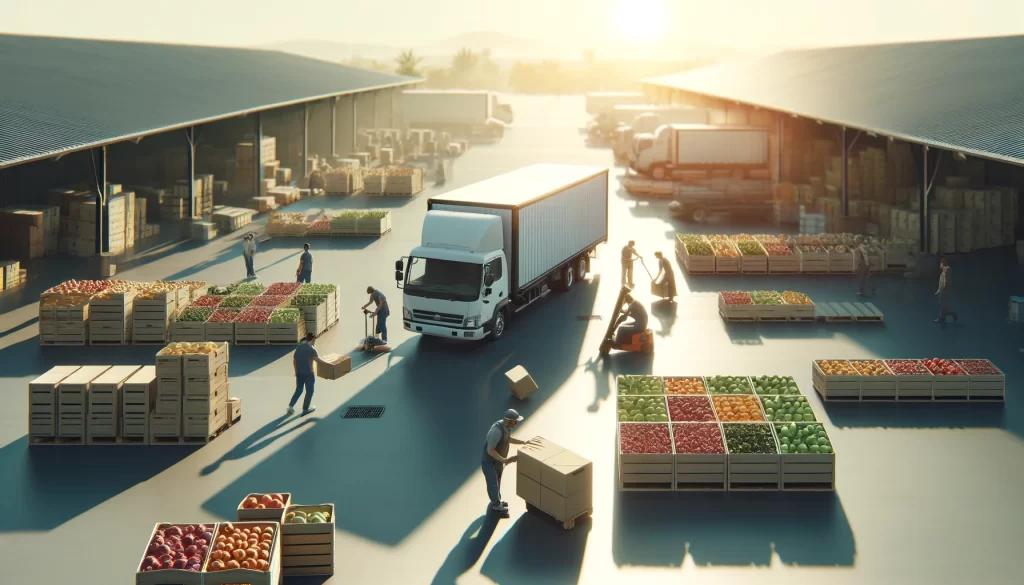As online grocery shopping surges, the logistics of perishable items become increasingly complex. Here’s how companies can navigate the challenges of freshness and sustainability.
Enhancing Refrigeration Sustainability
The rise in online grocery shopping, particularly for perishables like produce and meats, necessitates a logistics system that prioritizes both freshness and environmental responsibility. Traditional refrigeration methods, reliant on hydrofluorocarbons (HFCs), pose a significant global warming risk due to their high greenhouse gas potential. The U.S. Environmental Protection Agency’s initiative to reduce HFC usage marks a critical step towards more sustainable practices. Transitioning to eco-friendlier refrigerants, such as ammonia, and improving energy efficiency in refrigeration are pivotal moves for the industry.
Intelligent Routing for Emission Reduction
The optimization of delivery routes is essential to curtail emissions and fuel consumption. Leveraging artificial intelligence, route optimization platforms can analyze traffic, weather, and delivery specifics to devise the most efficient paths. These systems enhance delivery speed and adapt in real-time to changing conditions, contributing to a reduction in the carbon footprint of perishable logistics. Additionally, multimodal transport strategies and the integration of automated electric vehicles for final delivery stages are promising avenues for sustainability.
Warehouse Efficiency Upgrades
Beyond transportation, the efficiency of storage facilities is crucial. Implementing advanced insulation, energy-efficient LED lighting with smart controls, and AI-driven temperature regulation can significantly reduce energy usage in warehouses. These measures not only contribute to sustainability but also ensure the integrity of perishable goods throughout the supply chain.
Local Sourcing to Simplify Supply Chains
Shortening the supply chain by sourcing perishables locally can greatly diminish transportation distances, emissions, and the risk of spoilage. This approach not only benefits the environment but also supports local economies and provides fresher products to consumers.
In the grand scheme of improving the perishable logistics sector, embracing innovative technologies and strategies to meet the dual demands of freshness and sustainability is essential in the face of a booming online grocery market. The path forward involves a multifaceted approach that addresses refrigeration practices, routing efficiency, warehouse operations, and supply chain length.





